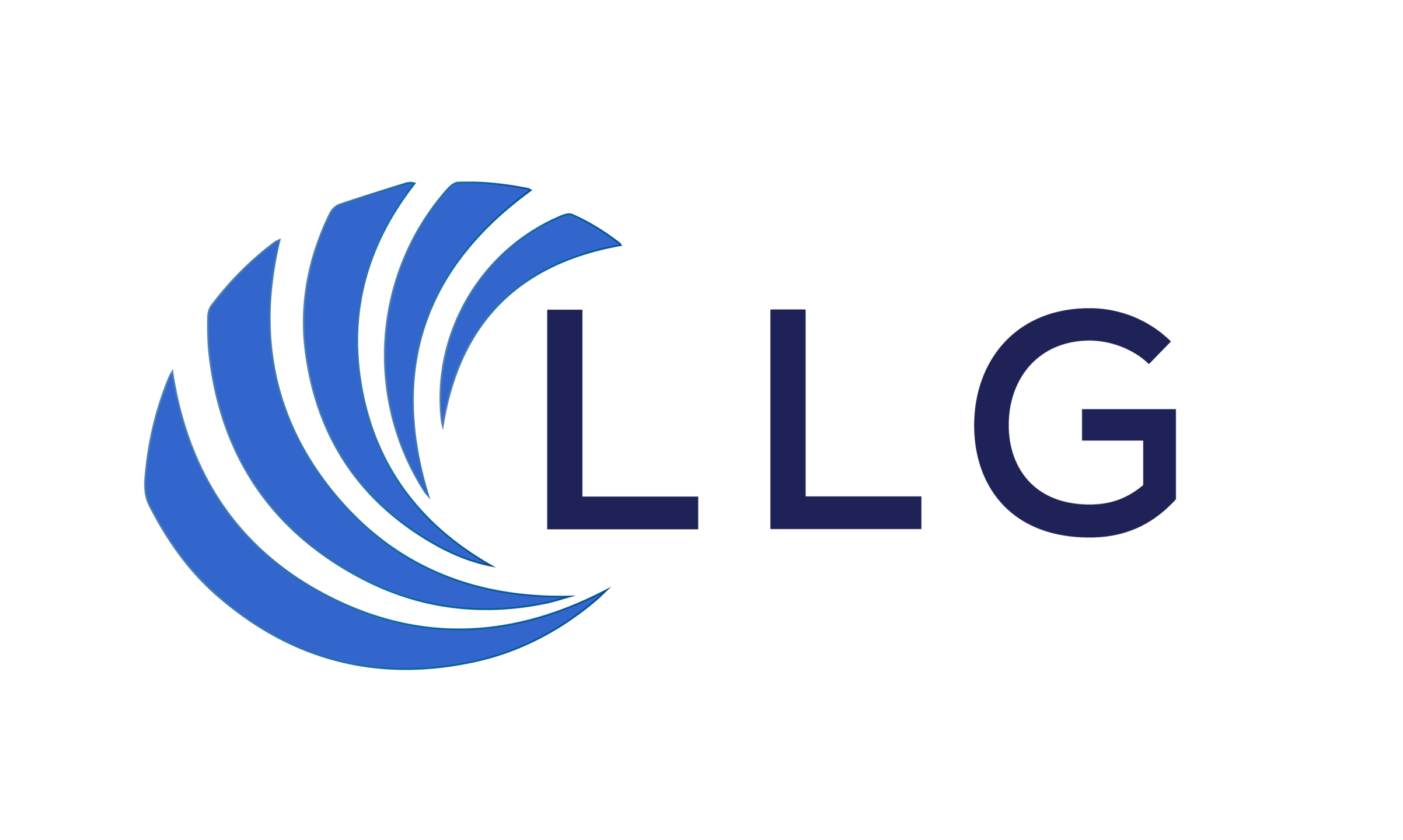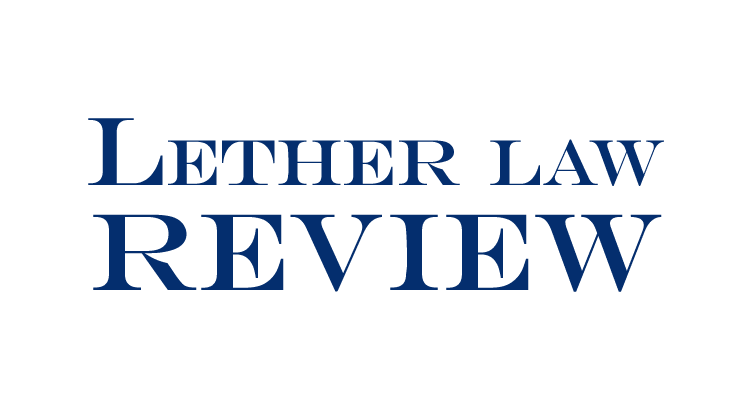In the mere days since our last newsletter, the social and economic impacts of the COVID-19 outbreak have undergone several seismic shifts. Lether Law Group is continuing to monitor the situation in order to develop swift and accurate responses to any questions that might arise regarding this unprecedented event. We encourage any clients or friends-of-the-firm who may have any questions or concerns to call or write at any time.
The following is a brief update on some of the issues that we are tracking:
Court Access
Virtually every court in the Pacific Northwest is operated on some measure of restricted access. Here are a couple of specific updates.
The state courts in Oregon have been ordered by the Oregon Supreme Court to move to Level 3 restrictions, which effectively means that all civil trials are indefinitely continued.
The Spokane County Superior Court in Washington has ordered that all hearings will be conducted telephonically. However, at this time there is still not anything on the Court’s website providing further information.
The Los Angeles County Superior Court, the largest court system in the nation, is currently closed entirely and is not scheduled to reopen until Friday, March 20, 2020. It is our understanding that when LA County reopens, it will be on a limited basis.
Again, nearly every court system that we are aware of is experiencing some level of disruption in service. We encourage anyone with a pending matter to review your court’s website or contact the court directed before going to court.
Property Insurance – Business Income Loss
One of the questions that we have been asked to address for several clients is whether there might be Business Income coverage available under first-party property policies to cover losses associated with the widespread closures and disruptions due to governmental directives to close or restrict business.
“Business Income” coverage provided benefits for income that a business loses due to a necessary suspension of operations caused by direct physical damage to the insured premises.
The Washington Courts have addressed this coverage and have held that Business Income benefits are only available if (1) the business actually ceases all operations, and (2) the lost income was directly caused by physical damage to the insured premises. Keetch v. Mut. of Enumclaw Ins. Co., 66 Wn. App. 208, 831 P.2d 784, 1992 Wash. App. LEXIS 266.
As a result, we would not anticipate that there would be too many scenarios in which the Business Income coverage is implicated for lost revenue caused by the COVID-19 outbreak. In situations where a business has decreased revenue due to its efforts to comply with governmental directives or merely due to less customer traffic, the coverage would not apply because there is not a necessary suspension of all operations. Moreover, even where a business is forced to close, whether voluntarily or at governmental direction, that closure will likely not be caused by any direct physical damage to the insured premises.
However, we are aware of one lawsuit that has already been filed seeking Business Income coverage in the context of a restaurant closure. Cajun Conti, LLC v. Certain Underwriters at Lloyd’s, London, et. al., Civil District Court for the Parish of Orleans, Louisiana. In Cajun Conti, the restaurant claims that the property itself is contaminated with the COVID-19 virus. Thus, the restaurant claims that the closure was in fact a necessary suspension of operations due to “physical damage” to the property. This lawsuit was just filed on Monday, March 16, 2020. We will provide updates as information about this lawsuit becomes available.
One other note on this coverage is that modern policy forms may contain a virus or pathogen exclusion that could operate to preclude coverage even where there is a necessary suspension of operations due to physical damage to the property. In addition, many property policy forms will include an exclusion for losses caused by the acts or decisions of a governmental entity.
As always, for any claim the policy should be thoroughly reviewed for any and all terms, conditions, limitations, and exclusions that may be implicated.
Finally, on federal, state, and local levels, there are a number of governmental entities initiating emergency measures to assist businesses that have closed or are otherwise have been affected. We anticipate that a number of jurisdictions will begin requiring insurers to provide relevant governmental agencies with information concerning the availability of Business Interruption coverage even without any claims having been made. The New York Department of Financial Services has already ordered all property/casualty insurers providing insurance in the State of New York to provide the Department with an explanation for the potential coverage relating to COVID-19. Specifically, the NYDFS Order requires the following:
Insurer must provide NYDFS with information regarding the volume of business interruption coverage that the insurer has written, that has not lapsed as of March 10, 2020, including the amounts of direct premiums, policy types, and number of policies for each type.
Examine all policies and “explain the coverage each policy offers in regard to COVID-19.”
Prepare a clear and concise explanation of benefits suitable for policyholder review.
Send the explanation of benefits to all policyholders and to NYDFS with a certification that the explanation has been sent to all insureds.
Again, we expect other states to follow New York’s lead on this issue.
Third-Party Liability Coverage – Lawsuits Against Governmental Bodies
Several of our clients insure governmental bodies, whether directly or by participation in municipal risk pool coverage. We anticipate that the COVID-19 outbreak and the governmental response thereto will result in a substantial number of lawsuits against federal, state, and local governmental entities that individuals or entities may view as culpable for the spread of COVID-19 or for the financial impacts associated with the response to the outbreak.
In times of emergency declaration, the government’s powers are sharply increased and many of these types of lawsuits may be barred by the doctrine of sovereign immunity or by the statutes allowing for expanded governmental power in times of emergency.
From an insurance coverage standpoint, however, these types of claims will present multiple complex issues that may impact the coverage picture. For instance, under a general liability type coverage, would a governmental decree requiring the closure of a business qualify as a covered “occurrence” or “event’ as those terms are defined in the relevant policies? Or might the coverage be more properly addressed under a broad “wrongful acts” type coverage?
For any of our clients or friends that would like to discuss the coverage implications surrounding potential claims against governmental entities, please feel free to contact us at any time.
A Word of Thanks
Lether Law Group is acutely aware of the massive social, financial, and cultural disruption that this outbreak has caused. We truly wish everyone the best in these trying times and we thank all of our friends, colleagues, clients, and acquaintances for all of the support that we have received. We truly cherish all of our relationships.
As always, if there is anything that you would like to discuss about these or any other issues, please feel free to contact Lether Law Group at any time.

